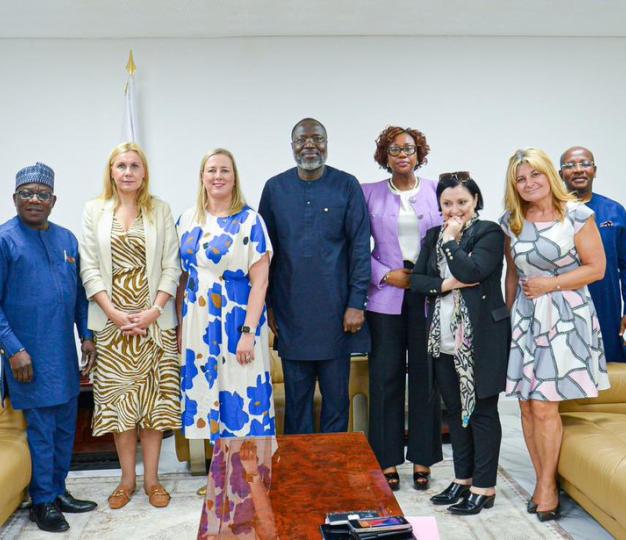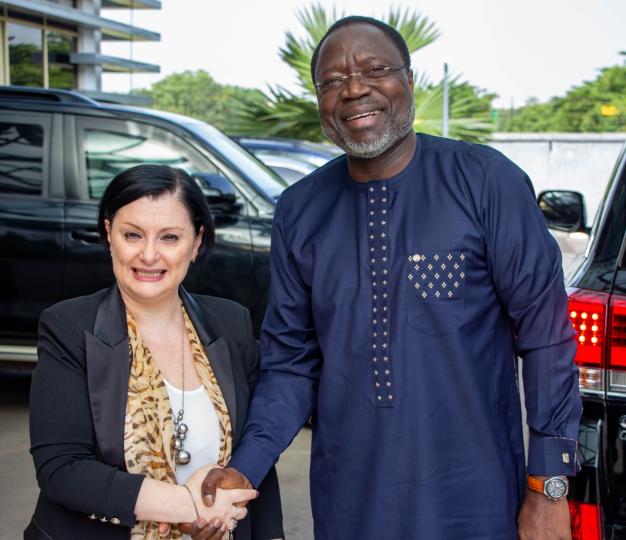RELATIONS WITH THE EU
The European Union and Nigeria - ECOWAS
A strong EU - Nigeria partnership is crucial to building a more democratic, secure, and prosperous world.
The EU and ECOWAS
The European Union, based on its own experience, supports regional integration as a tool for development, fostering sustainable growth and smooth and gradual integration in the world economy. It has a comprehensive relationship with the Economic Community of West Africa States (ECOWAS), involving close dialogue and cooperation on political and security matters, conflict prevention, development cooperation, regional integration, and trade.
Political dialogue
The EU has a regular political dialogue with ECOWAS. In this context, ECOWAS and the EU meet once a year at Ministerial level and twice a year at Senior Officials level, on a number of issues of common interest and concern, notably ECOWAS role in promoting peace and security, democracy and good governance in the West Africa region. The political situations affecting Europe and the ECOWAS region, as well as crises in the Lake Chad and Sahel regions, plus the persisting maritime insecurity in the Gulf of Guinea feature in the discussions. Economic issues, trade and investment are regularly on the agenda of the dialogue. Horizontal themes such as security, terrorist threats and the fight against organized crime also feature.
Development cooperation
Benefiting the entire West Africa region for the period 2014-2020, the 11th Regional Indicative Programme, was signed on 23 June 2015 à Cotonou, Benin. It is based on a thorough preparatory work on regional priorities for development and growth, carried out jointly by the European External Action Service, the European Commission, ECOWAS, and West African Economic and Monetary Union (WAEMU).
Under the current regional development cooperation scheme, three focal sectors have been identified for the EU support and cooperation:
- Peace, security and regional stability.
- Regional integration and support for trade.
- Resilience, food and nutrition security, and natural resources.
A total amount of €1.15 billion has been allocated to the implementation of this programme.
Trade
The EU and the West Africa region have negotiated and agreed on an Economic Partnership Agreement meant to foster regional integration, investment and trade, thus contributing to economic growth and the creation of jobs. It is designed as an instrument for development.


